In the previous article, we mentioned how the traditional booking method can negatively influence customers’ experience, mainly because of the long waiting times that can wear down their patience and urge to spend. Therefore, operators of co-working spaces are recommended to replace the traditional appointment scheduling with an online booking system.
We previously also introduced the functions of the online booking system. To understand how this digital system creates a low-cost and high-efficiency business model, we will now discuss the benefits of the online booking system and its integration with the QR Code access control system.
The advantages of Online Booking System
-
Time flexibility
The traditional booking method lacks time flexibility. Customers have to wait till the staff is present to make appointments. However, with the online booking system, clients can enjoy 24/7 booking services without being limited by the store’ opening hours.
-
Remote management
Convenience and speed are key factors in the digital age. The online booking system allows for remote management, which appointments can be processed online without requiring any employee to be present in the store. This saves time and reduces costs significantly.
-
Record-keeping
Customer reservation records in the system enable staff to make better use of all resources with allocating manpower appropriately. On the other hand, the digital system can effectively reduce confusion and manual mistakes.
-
Minimizing no-shows
A successful reservation is built on trust between customers and companies. Any missed appointment can cause unnecessary revenue loss for companies. The online booking system can reduce the risk of no-shows by requiring customers to pay their fee online before completing the booking process. This ensures the interests of the company and avoids losses.
Integration of online booking and QR Code access control systems
Co-working spaces are often divided into different rooms, requiring the role of security guards to monitor the premises for better management. However, this can increase the cost of human resources. With the development of technology, different systems have emerged to replace the traditional supervision methods, like access control. Among various forms of access control systems, QR code is the most popular due to its convenience. With just one QR code, the identity of visitors can be verified, and they can freely access specific venues.
Functions of QR code access control system
This system not only works with existing hardware and reuses current data, but also supports temporary visitors. Visitors can enter and leave the venues freely by using the QR code as a voucher within a limited time. This can also encrypt data without requiring extensive manual operations. Under the central monitoring system, the tasks including managing visitor files, viewing access records, and generating QR codes can all be done on a single platform. Additionally, the QR code records show information like permitted access time and gate location.
Customers receive an email with QR codes to confirm their bookings. Their identity can be checked by scanning the related QR Code from their smartphones, which grant them access to the reserved room. This reduces paperwork for the employees and avoids the inconvenience of customers forgetting to return NFC cards. It saves time and improves work efficiency greatly.

